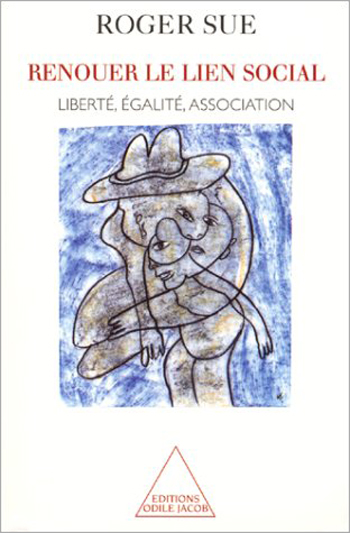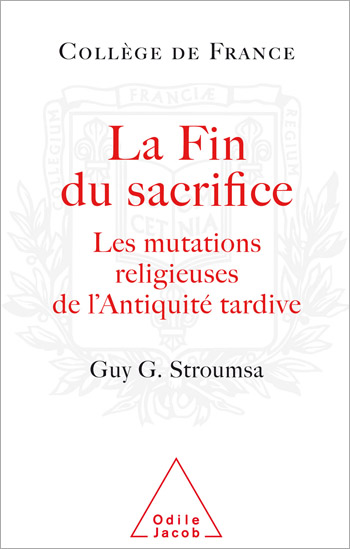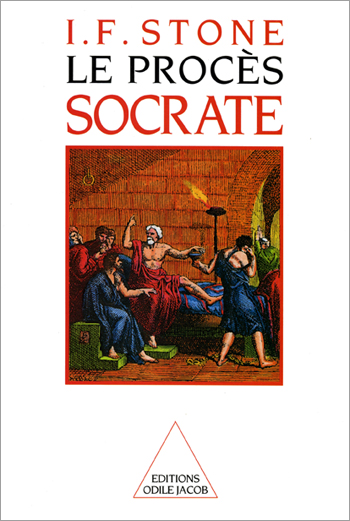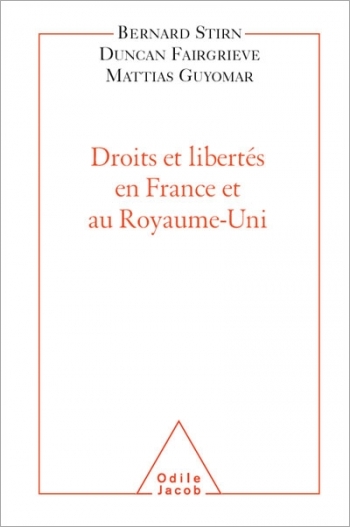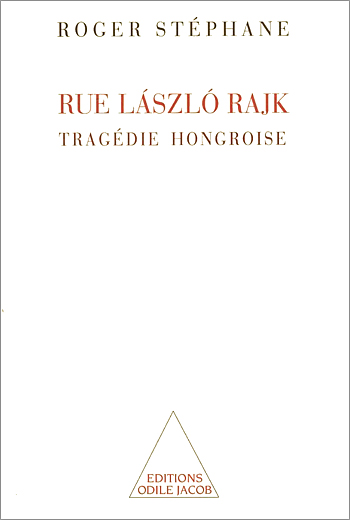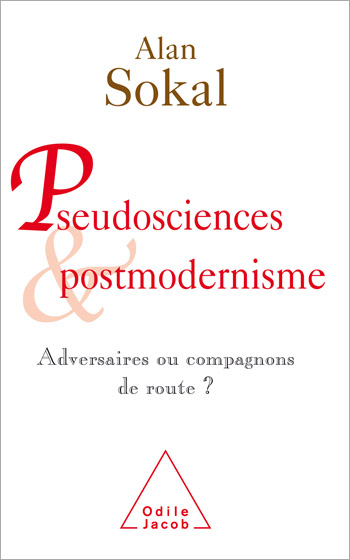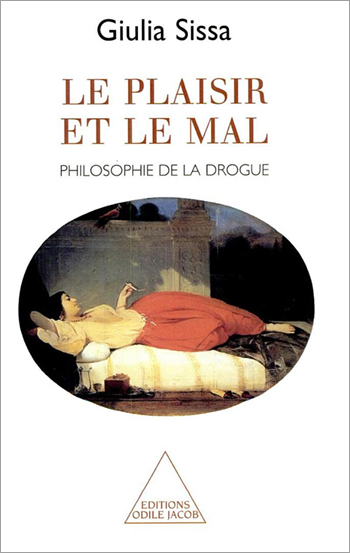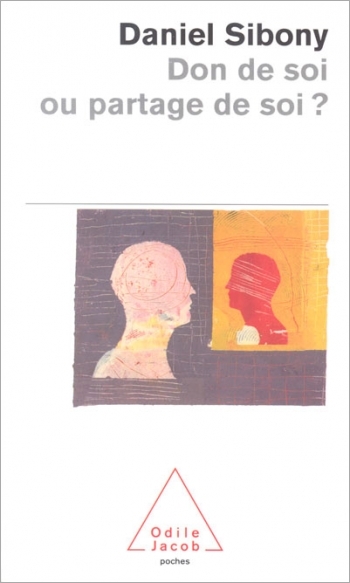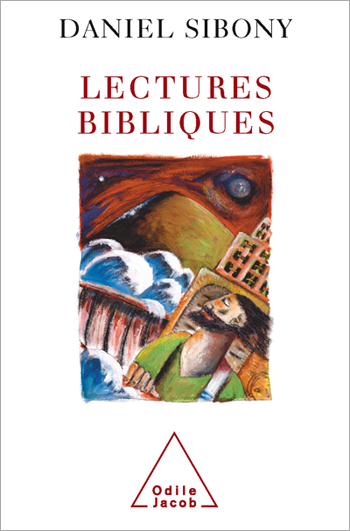Human Sciences All books
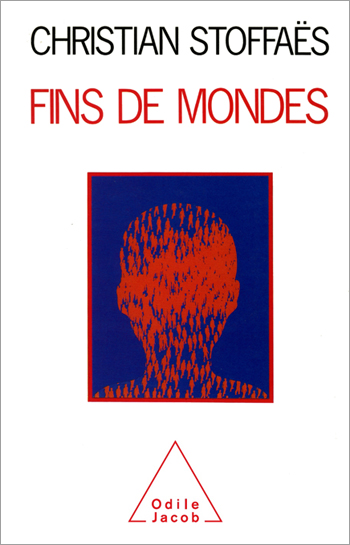
Christian Stoffaës
Ends of Worlds
An economic pulse sustains life in the modern world. C. Stoffaës investigates the highs of economic boom and the lows of paralyzing depression. He presents an historical survey of our dominant technological and mental structures from Keynes to Schumpeter, from the steam engine to the microchip, from the American golden age to the new Pacific prosperity.
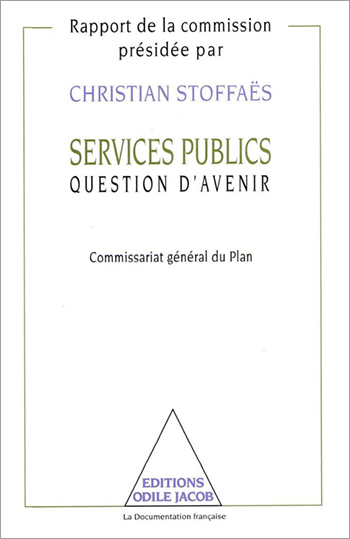
Christian Stoffaës
Public Services A Question of the Future
French public services need to be modernised. In their present position, they incarnate the Welfare State and its grand projects. They are now being challenged by the opening up of the market, the fall of the controlled economy, deregulation, and privatisations. An open economy now rules the network industries, such as energy, transport, telecommunications, and collective services. Can we really just leave isolated and without a future this cornerstone of our society which represents all at once the infrastructure of the competitive economy, great technical achievements, the republican conception of social equality and the cohesion of the country ? A result of the reflections of the Network Plan 2010 group, led by Christian Stoffaës, the director of the company Elecricité de France, this work identifies the currents of change, assesses the situation in other countries, and traces an outline of a significant project to reform the State. In co-edition with La Documentation française.
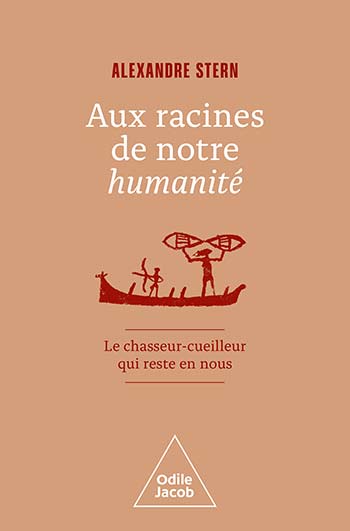
Alexandre Stern
Who Are You, Homo sapiens? Understanding Our Nature In Order to Live Better
After telling how the art of cooking had humanized, civilized our ancestral apes, Alexandre Stern explores the roots of our humanity to better examine our modern practices and ways of life.
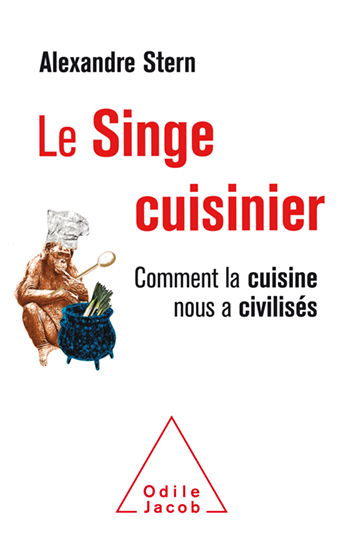
Alexandre Stern
Monkeys in the Kitchen How Cooking Made Us Human
How the invention of culinary and agricultural practices, the discovery and exchange of products, through the millennia have contributed to civilizing the human being.
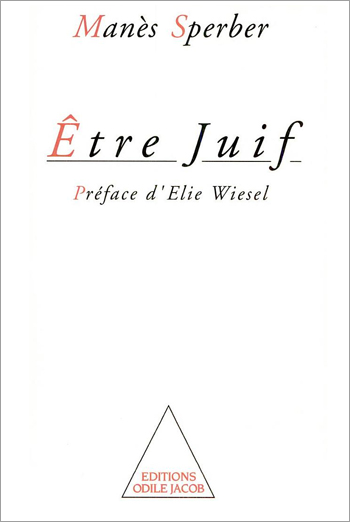
Manès Sperber
Being Jewish
A non-practicing Jew, Manès Sperber learned to read the Bible at the age of three and continued to re-read it until the end of his life. Neither religious, nor a militant Zionist, nor an aethiest, nor aligned with any cultural Judaism, he professes as his only faith a "religion of good memory." His is a Judaism lived as humanism and as an ethic, as a refusal of all idolatry, of exclusion of others, and a constant combat against hate of any kind. It is a profound attachment to the Israelite nation and a prudent attitude towards the State of Israel that Sperber illustrates in these brilliant essays prefaced by Elie Weisel, where analysis of Jewish thought and identity walk hand in hand with the eternal question: Why anti-semitism?
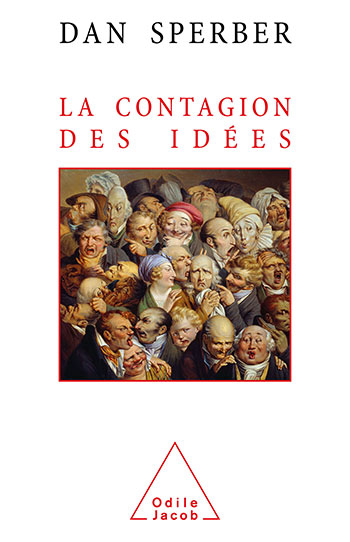
Dan Sperber
The Infectiousness of Ideas
Where do our ideas come from ? Some, just from ourselves, or at least we believe so, but the majority come from others which we then pass on in our turn. The age-old philosophical question on the origins of ideas is analysed here in relation to their mode of dissemination. In his search for the natural element of culture, Dan Sperber presents in this book an epidemiology of ideas which describes how they spread by passing from one person to another, undergoing transformations which are in the same category as mutations. He also investigates how these ideas establish themselves in the long-term by occupying our mental world without our conscious knowledge, which allows us to participate in our culture. Dan Sperber, an anthropologist, is the research director of CNRS.
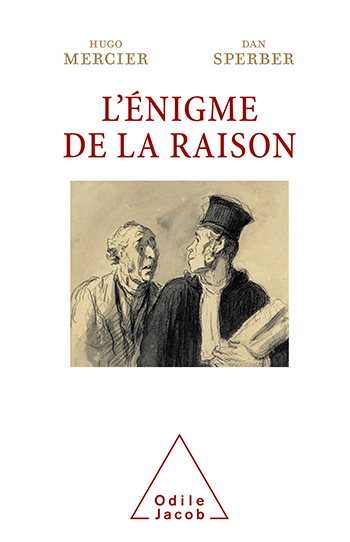
Hugo Mercier , Dan Sperber
The Enigma of Reason
Ambitious, provocative, fascinating, this book gives readers resources to rethink their own way of thinking.
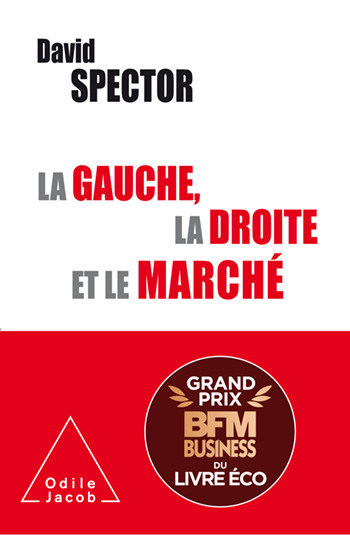
David Spector
History of the Market Concept in France
An original point of view which runs counter to received ideas: the concept of the market is in a blind spot of leftist thinking, or even that of the French intellectual tradition. This book should be part of the debate as it provides historical insight on a crucial point of current disunity within the left and on its future.
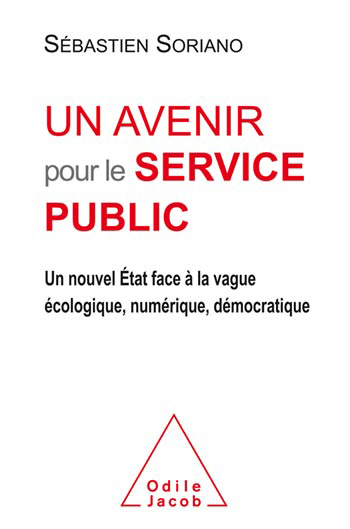
Sébastien Soriano
The Future of Public Service
A decisive contribution to thinking about the sovereignty of society in the face of the era of networks and the digital world.
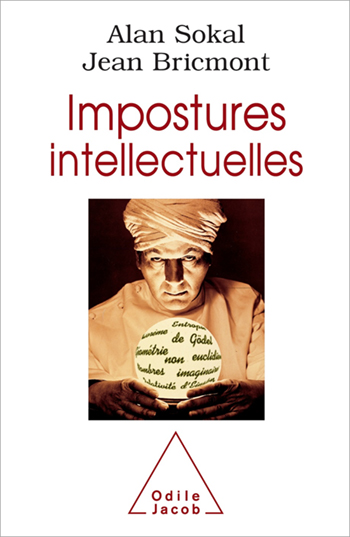
Alan Sokal, Jean Bricmont
Intellectual Impostures
In spring 1996, a American journal published an article in which the author Alan Sokal, supported his ideas with quotations from famous intellectuals, both French and American...
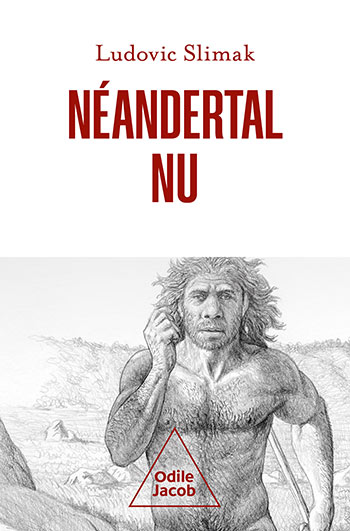
Ludovic Slimak
Neanderthal Uncovered
Neanderthal Man as he truly was; an innovative and enthralling book, which takes us on a journey through space and time with our “human brother.”
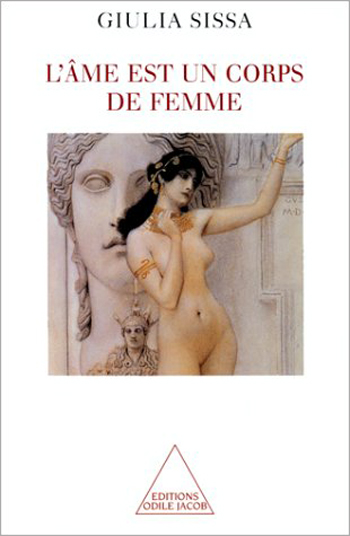
Giulia Sissa
The Soul is a Feminine Being
Do women have a soul ? Philosophers have historically doubted this, refusing to accord women rationality. However, at the same time, they have been unable to imagine the soul without the help of feminine metaphors : the soul conceives, it is pregnant with knowledge, it gives birth in pain and distress but always with the help of someone. In reading classic texts such as Derrida, and deconstructing them while drawing comparisons with others and focusing on what may seem paradoxical, such as the many Freudian slips, Giulia Sissa leads us to interrogate ourselves on the exclusively feminine attributes of the Western soul. A radical questioning of the difference between the sexes which leads us to the most profound aspects of our culture.
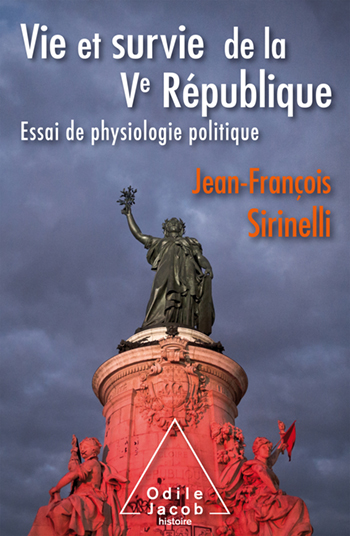
Jean-François Sirinelli
Life and Survival of the Fifth Republic An Essay on Political Physiology
A work of reflection on institutions, their strengths, and their weaknesses, and the reason for their endurance.
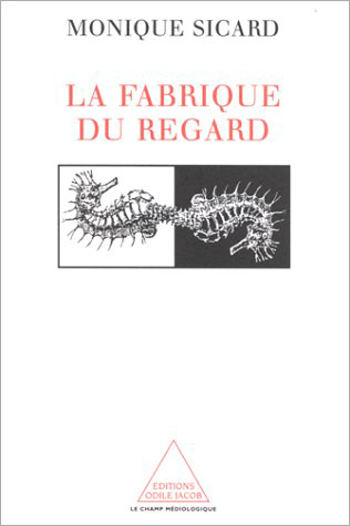
Monique Sicard
The Making of the Image
It was during the Renaissance that images and pictures were first used by anatomists, microscopists, and astronomers as scientific tools. In that era, scientific images served as a kind of inventory of the known world. In the 19th century, the popularization of scientific ideas gave science a new vigor. Photographic images gave science a new reality, explaining and legitimizing scientific concepts--movement, for example--to a fascinated public. In our days, the scientific image is often a construction--helping us to represent objects and ideas that, like fractals or black holes, cannot be defined through actual observation. Monique Sicard is Projects Director at CNRS Images Média.
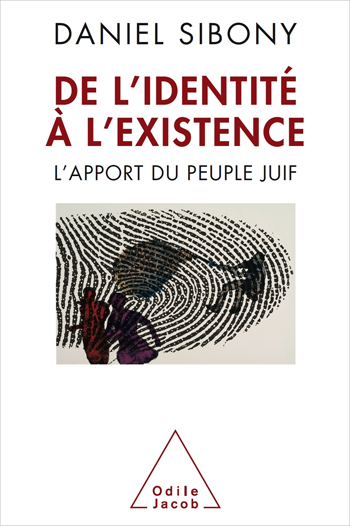
Daniel Sibony
From Identity to Existence The Jewish People’s Contribution
How the uniqueness of the Jewish people can help us all —Jews and non-Jews
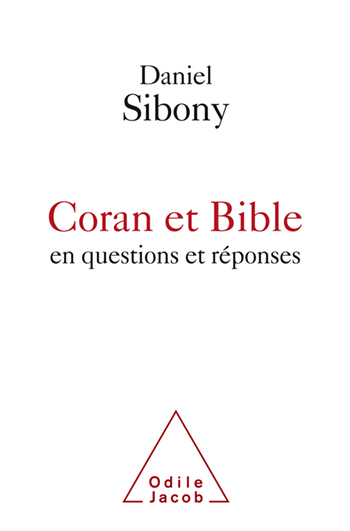
Daniel Sibony
The Quran and the Bible In questions and answers
A step-by-step study of the Quran, almost exactly word for word, to grasp the precise content. A polemical book, but a book based upon the author's knowledge of the Arabic language and the sacred texts of Islam. A return to the original text that allows us to understand the political and geopolitical issues of today's world.
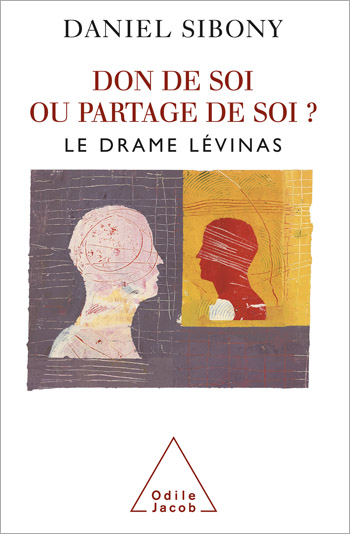
Daniel Sibony
Giving Yourself or Sharing Yourself ?
How can one be oneself without denying others? How can one consider others without negating oneself? How can one avoid the two extremes of complete selfishness and total self-sacrifice ? What if the ethics of the other, of responsibility for others which can lead us to risk our lives for others resulted not only in a dead-end (inefficient action, lack of action, justification of past actions) but also kept us from knowing ourselves and, consequently, others and the true nature of our relations with them? Daniel Sibony was trained as a philosopher and is a practising psychoanalyst.
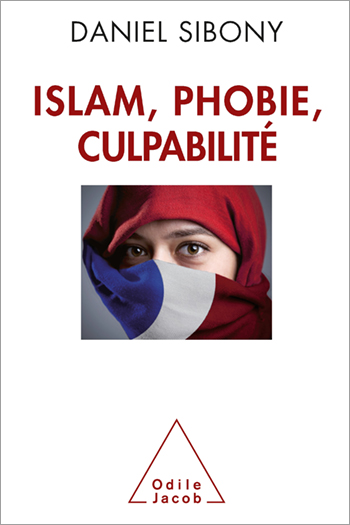
Daniel Sibony
Islam, Phobia, Guilt
The uneasy relations between Islam and the West, analysed by the psychoanalyst Daniel Sibony
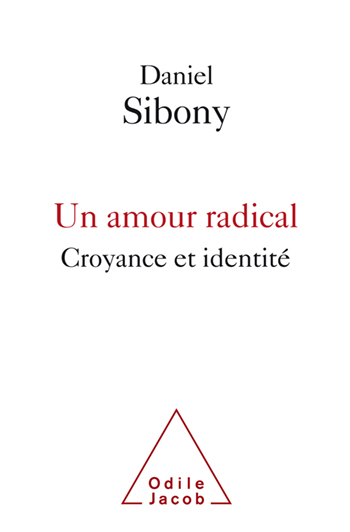
Daniel Sibony
A Radical Love Belief and Identity
An original analysis of the relationships between religions, between Judaism, Islam, and Christianity. Key concepts in psychoanalysis applied to religions: denial, repressions, impulses, illusions.
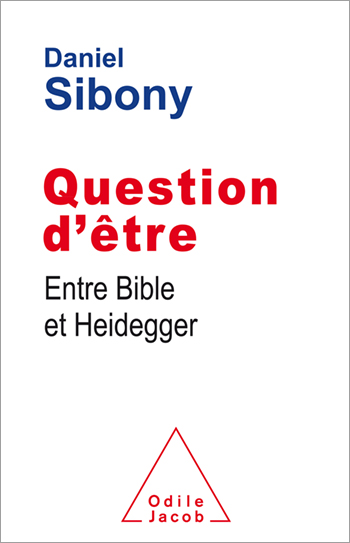
Daniel Sibony
The Issue of Being
What is Being? An Exchange Between the Bible and Philosophy, Heidegger and the God of Moses
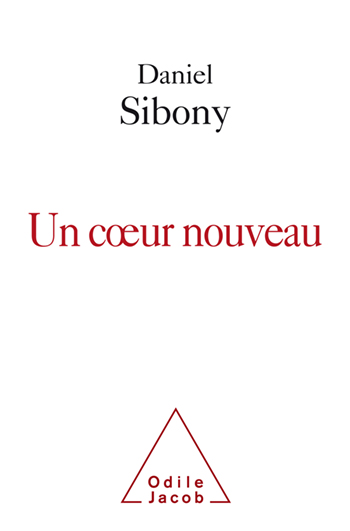
Daniel Sibony
A new heart
A new and striking dive into the world of advanced surgery. But above all, it is a moving meditation on life, its backlash and unity.
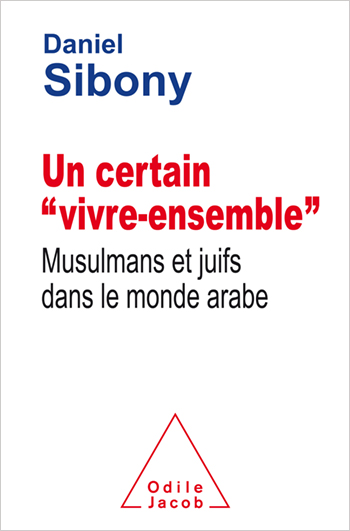
Daniel Sibony
Muslims and Jews in the Arabic World
Shedding an original and doubtless controversial light on the question of the relationship between Islam and the secular world.
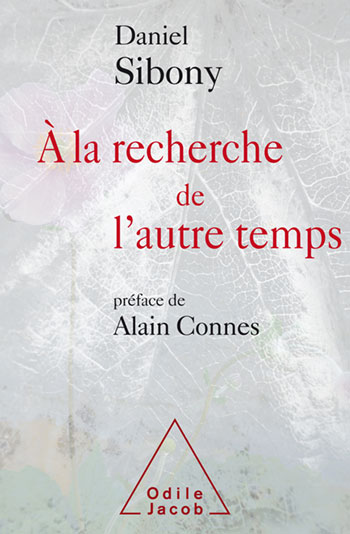
Daniel Sibony
In Search of Another Time
An original text, brilliant writing and thinking that shed light on both the experienced familiar and the most abstract theories on time.

